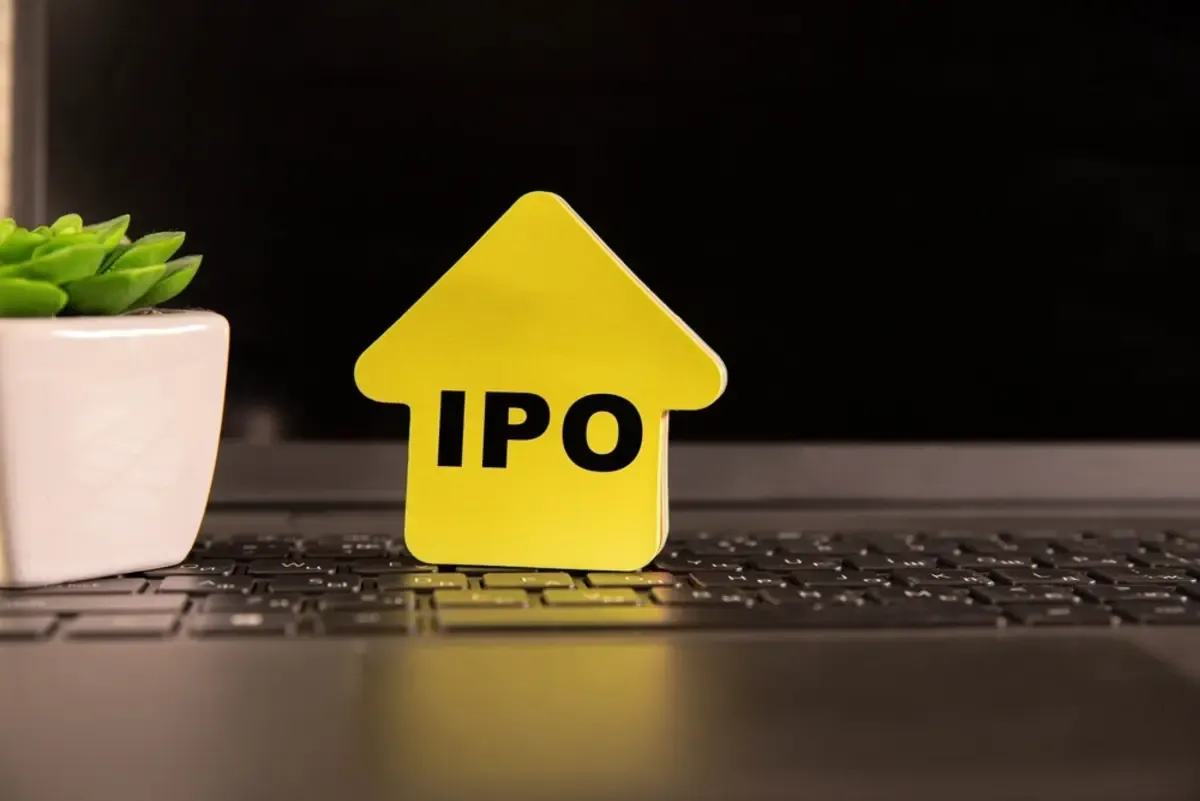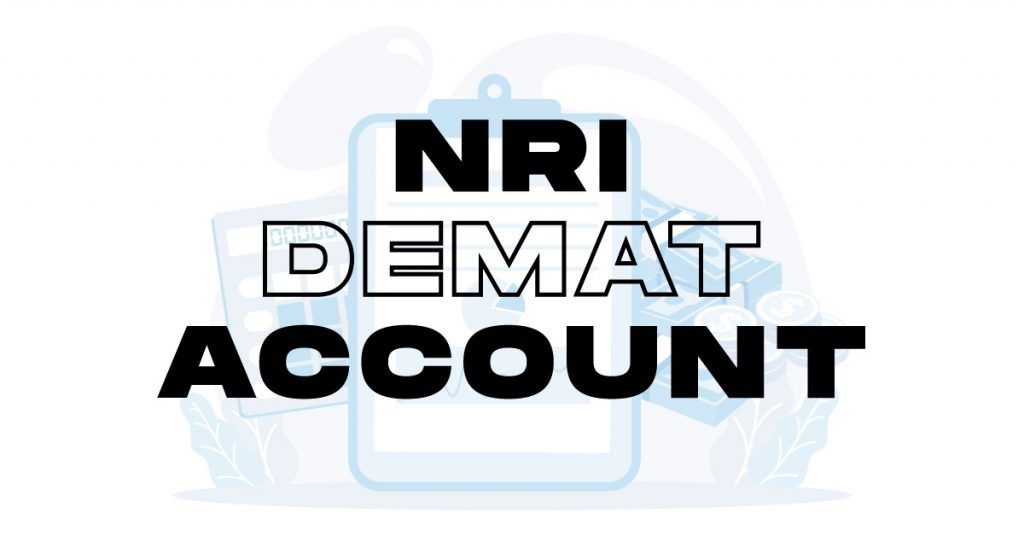IPO guidelines for beginners
Written by Upstox Desk
Published on February 05, 2026 | 7 min read

Initial Public Offerings (IPOs) can be a great investment to build a life of relative comfort, especially when your working years are behind you-- provided you know how and where to invest.
Key Points
- An IPO or an Initial Public offering, is an offer of new shares of a private company to the public for the first time.
- To gain capital and grow rapidly, a company invites the public to buy its shares by means of an IPO.
- Once shares are allotted to you, they are credited to your demat account.
IPO Essentials
An IPO or an Initial Public offering, is an offer of new shares of a private company to the public for the first time. Shares offered are put up for bidding and allotted to successful bidders. These shares may either be offered at a pre-fixed price, or the price may be fixed later on, after gauging the demand for the shares.
Post the IPO, the value of these shares, and therefore the company fluctuates as per the market’s perspective. You can make multiple times your investment with the right pick, or even moderately sized returns with the not so good ones. The concept of an IPO isn’t new, in fact, it’s got quite a lot of history to it.
History of IPOs
Though there are records suggesting that public trade of company shares existed in ancient Rome, the first ever IPO recorded in modern history was made by the Dutch East India company in 1602. The United States followed suit with its first IPO made by the bank of North America in 1783.
India arrived late to the scene during the 1990s, when IPOs caught the fancy of the masses following the economic liberalisation in 1992 and the silicon valley boom. IPOs started mushrooming in the thousands as people invested indiscriminately in hopes of making a killing from a rise in stock prices. Soon, most of these companies vanished without a trace, prompting SEBI to step in. SEBI began to tighten regulations and adopt strict standards for IPOs.
Initially, IPOs could be accessed only through brokerages and financial institutions handling the process. As with so many other things now - thanks to the internet, it's possible to bid on IPOs online. This allows companies to offer their shares to a much larger audience. But it does beg the question - why would the companies go public? What’s in it for them?
Quiz Which was the first Indian company to issue an IPO? A - Reliance, B - Tata, C - Maruti Suzuki, D - Aditya Birla*Answer: A - Reliance was India’s first IPO, way back in 1977, even before the SEBI was formed.
Why do companies offer shares?
Every company seeks to maximise profits for its stakeholders. To attain this objective, a company strives to ramp up its ability to trade more and make greater profits. In this pursuit of growth, often, a company is constrained by bottlenecks, one of the most common being ‘capital’. Thus, to gain capital and grow rapidly, a company invites the public to buy its shares by means of an IPO.
Basic IPO terminology
Let's have a look at some of the terms you’re likely to encounter pertaining to IPOs:
- Equity/Bond IPO - An IPO may offer either equity or bonds in exchange for capital. The difference between bonds and shares is this - bonds are long- term debts owed to the bondholders and are paid back with interest at fixed intervals, before a deadline. On the other hand, holding equity (shares) makes you a part-owner of the company, though it doesn't guarantee dividends or returns on investment in case the company winds up closing down. Therefore, bonds offer greater security while equity offers the possibility of much higher profits at the cost of an increased risk.
- Underwriter - This is the financial organization in charge of conducting the IPO proceedings and recording the allotment of shares from the company's common stock pool, to the successful bidders. Companies contract the services of financial organizations as investment banks and large brokerages which then act as underwriters for the issue of shares.
Types of bidders
- Retail investors - individuals like you.
- Non qualified Institutional investors - This category includes corporates, trusts, societies, NRIs etc
- Qualified Institutional Investors (QII) - This category includes financial institutions listed as QII by SEBI, which includes financial institutions as banks, brokerages and foreign institutional investors (FII)
Not all IPOs are open to the retail investors. Some are open only to institutional investors.
Types of bidding
- Issue price - This is the price of one share offered in the IPO as fixed by the company - it is the price the shares begin their life on the stock market with. Two types of pricing options can be involved:
- Fixed price - The price is fixed before the IPO opens.
- Book building - The price is arrived at after the IPO opens, free market style, depending on the demand for the shares offered.
- Float - This refers to the amount of stock that is made public through the IPO. This is the stock that circulates through trade on share markets. Not all of the shares of a company get listed on the market - it’s usually a small proportion.
Once you’ve understood the basics, it you should move on to the real focus ofn an IPO - i.e. subscribing to it.
How does one subscribe to an IPO?
Here’s is what you have've to do to get your hands on the hot IPO you may have been eyeing -
- You can make a bid for shares only if an IPO is open to retail investors.
- Locate your 16 digit DP-ID. The first 8 digits would belong to your broker, while the last 8 form your client ID.
- Login to your internet banking portal, and head over to its IPO section.
- Select the company whose IPO you wish to subscribe to. You’ll then be expected to enter your 16 digit DP-ID to link this subscription to your demat account.
- Note that it is essential to open a demat account to subscribe to an IPO online. Your PAN number has to be disclosed for transactions exceeding Rs. 50000.
- Once shares are allotted to you, they are credited to your demat account. In case you have an account with Upstox - your shares will be visible to you in the Holding section on Upstox Pro Web or Upstox Pro Mobile. In case shares are not allotted due to oversubscription, a refund is made through appropriate channels.
An IPO isn’t really a modern concept. Companies have been raising funds via issues of shares for centuries. You too can subscribe to an IPO via your bank account, and get your alloted shares deposited into your demat account. As is evident, it’s rather simple to get started an IPO. If you’ve been observing your favorite company and waiting for it to get listed, an IPO is the best way to gain partner ownership on it quickly. Information on upcoming IPOs can be found online here.
About Author
Upstox Desk
Upstox Desk
Team of expert writers dedicated to providing insightful and comprehensive coverage on stock markets, economic trends, commodities, business developments, and personal finance. With a passion for delivering valuable information, the team strives to keep readers informed about the latest trends and developments in the financial world.
Read more from UpstoxUpstox is a leading Indian financial services company that offers online trading and investment services in stocks, commodities, currencies, mutual funds, and more. Founded in 2009 and headquartered in Mumbai, Upstox is backed by prominent investors including Ratan Tata, Tiger Global, and Kalaari Capital. It operates under RKSV Securities and is registered with SEBI, NSE, BSE, and other regulatory bodies, ensuring secure and compliant trading experiences.

























